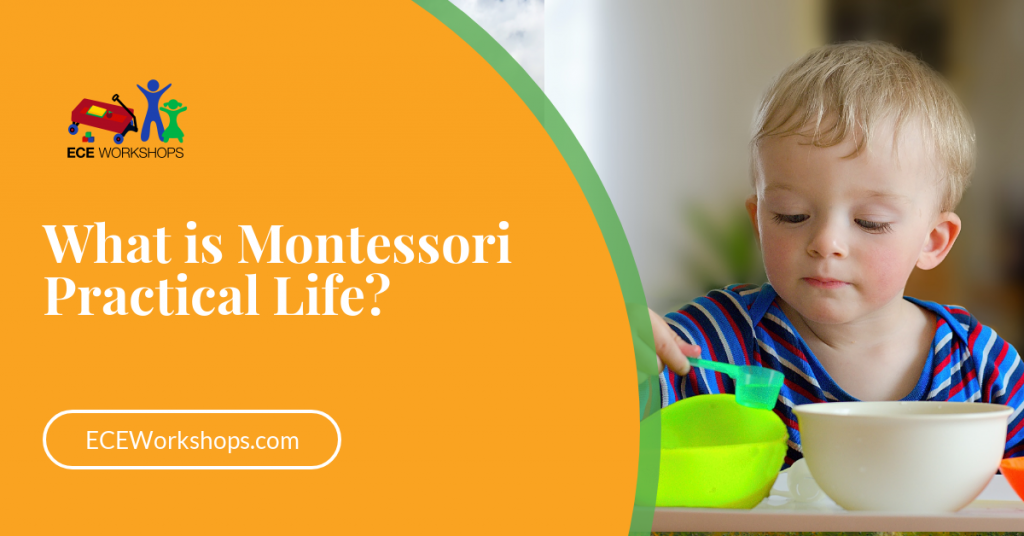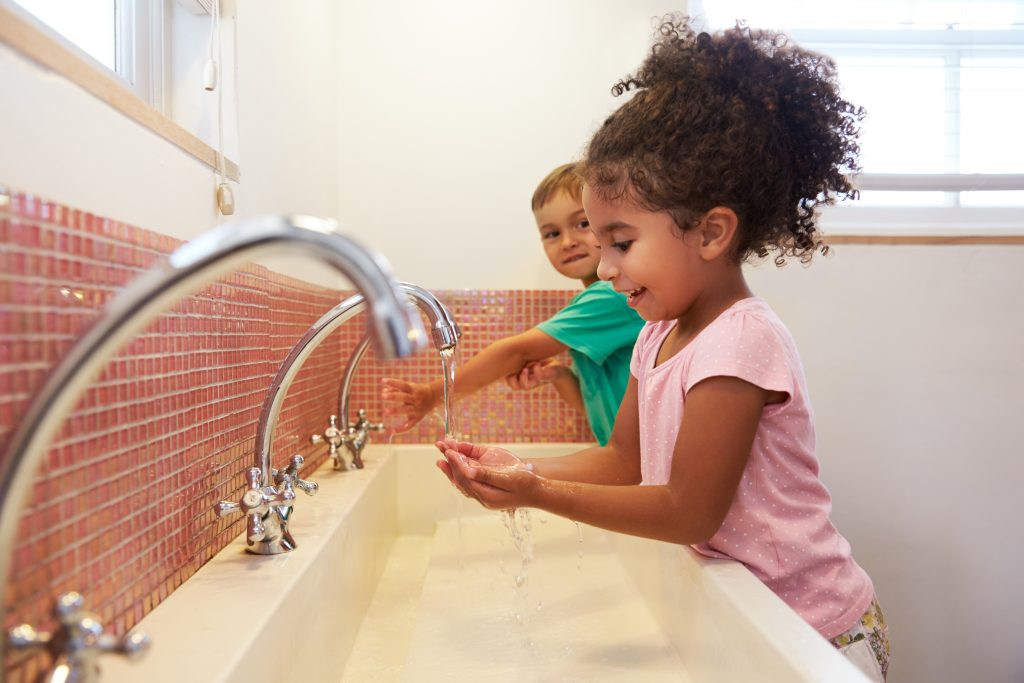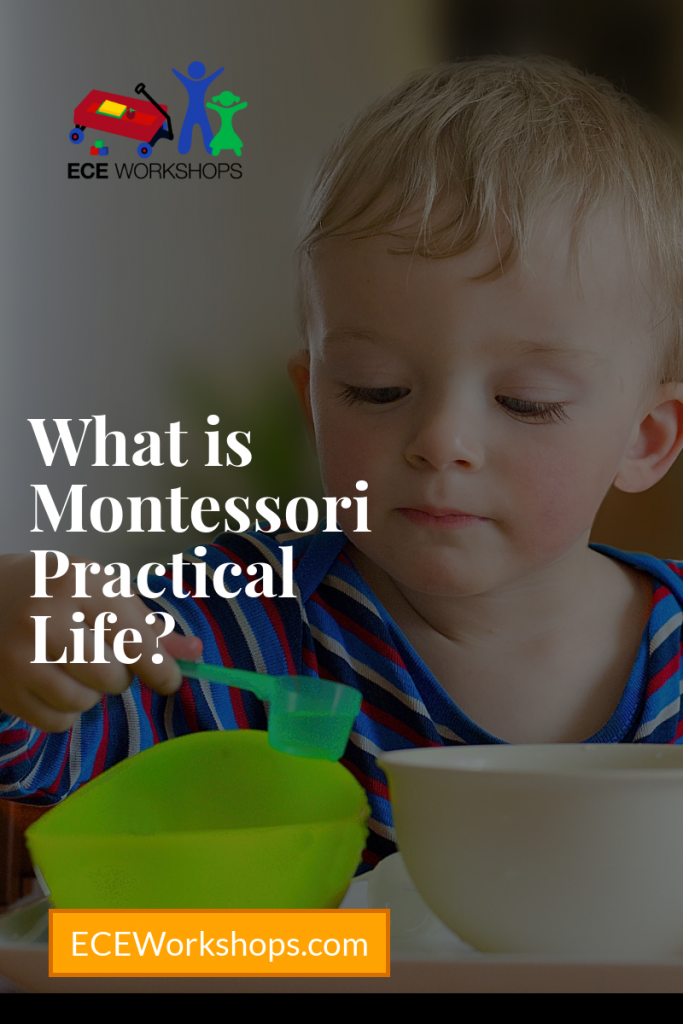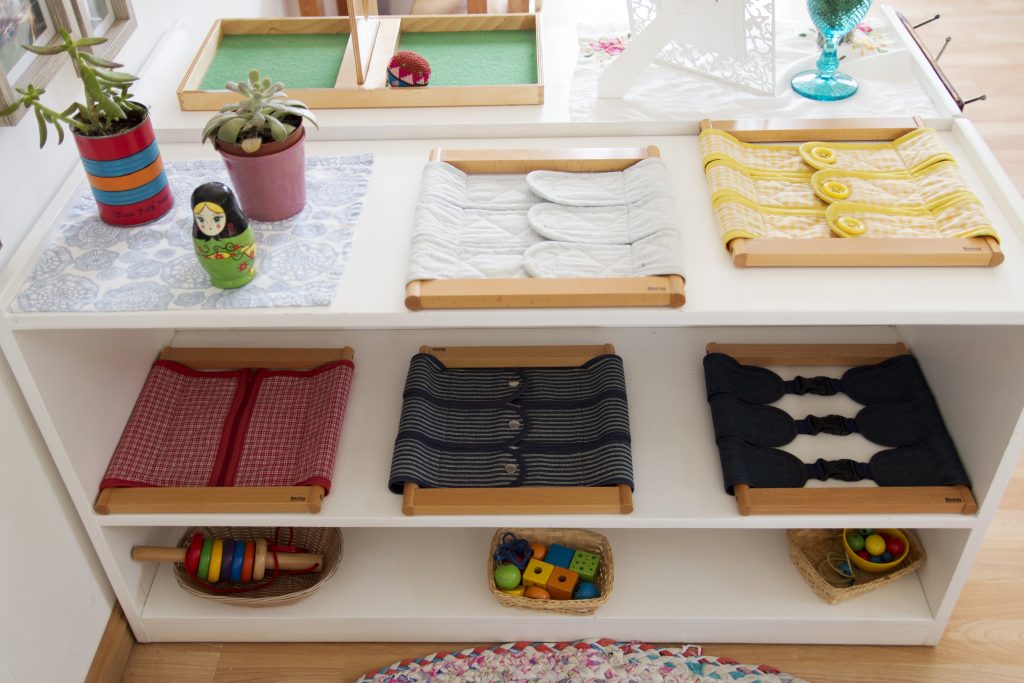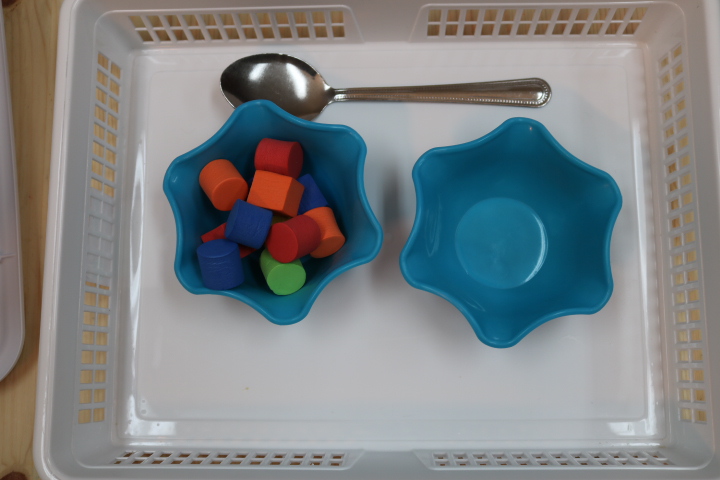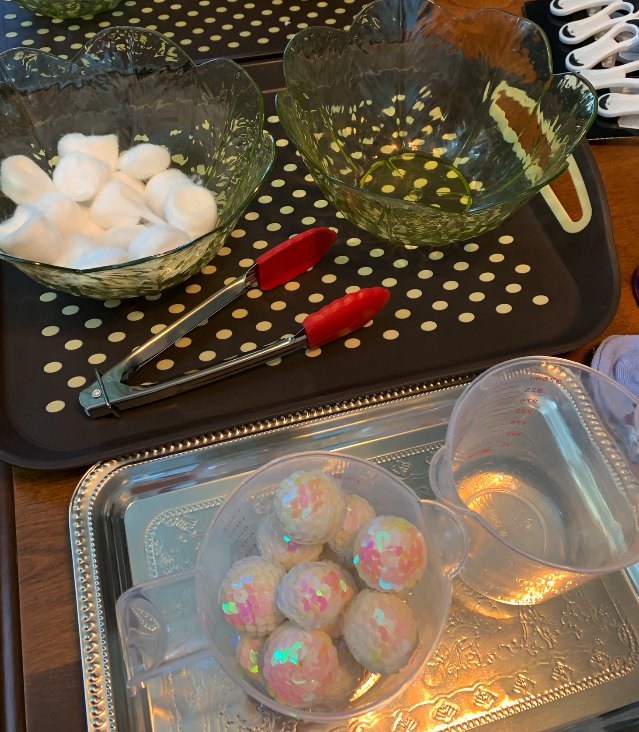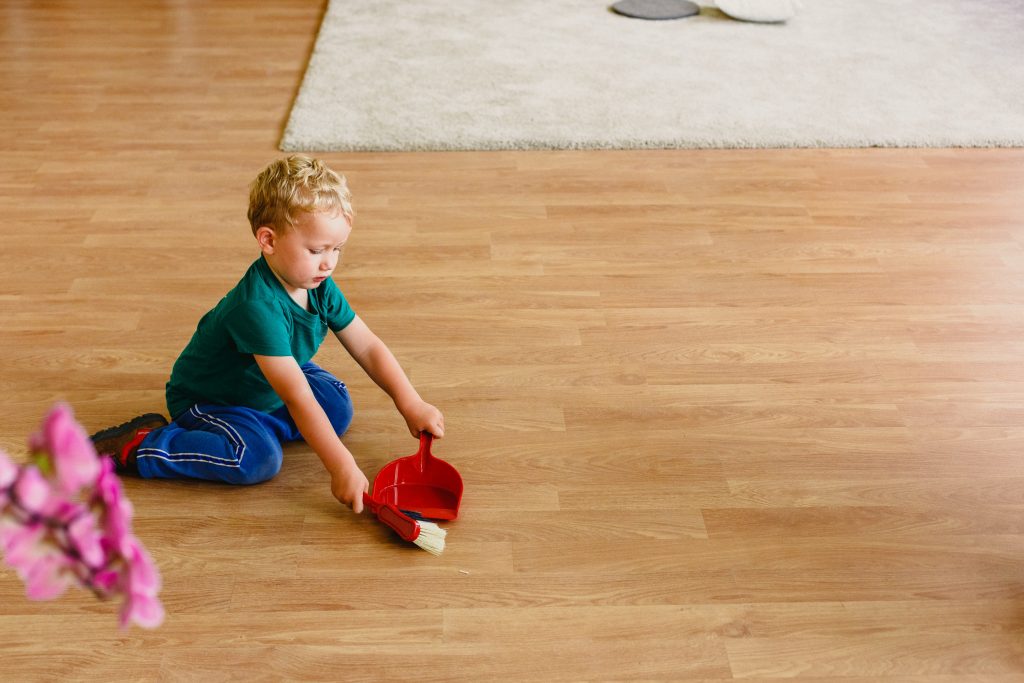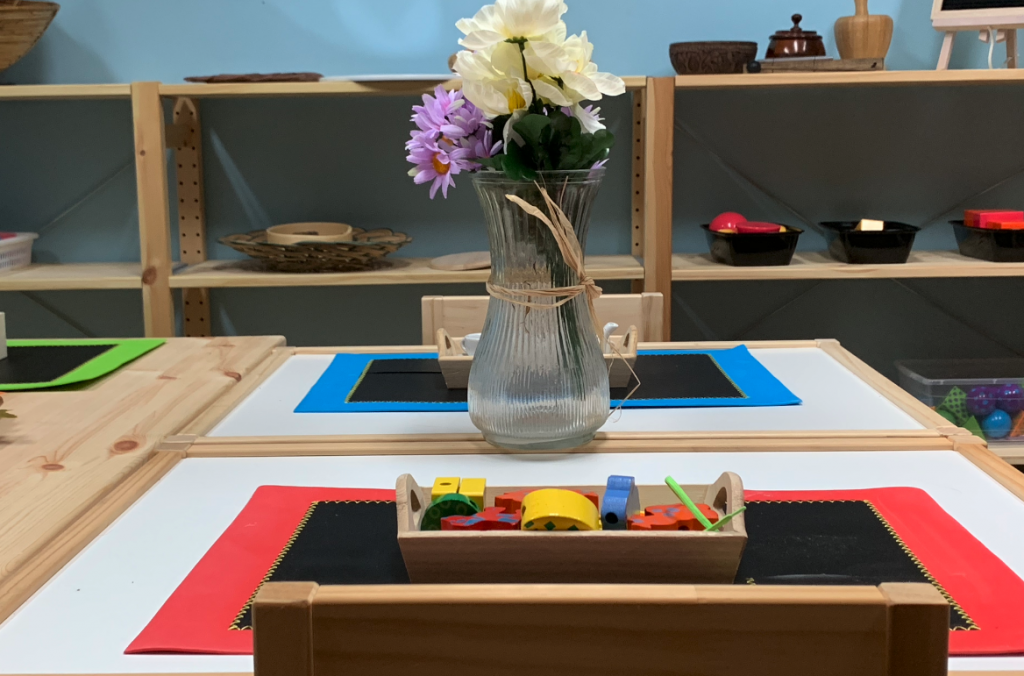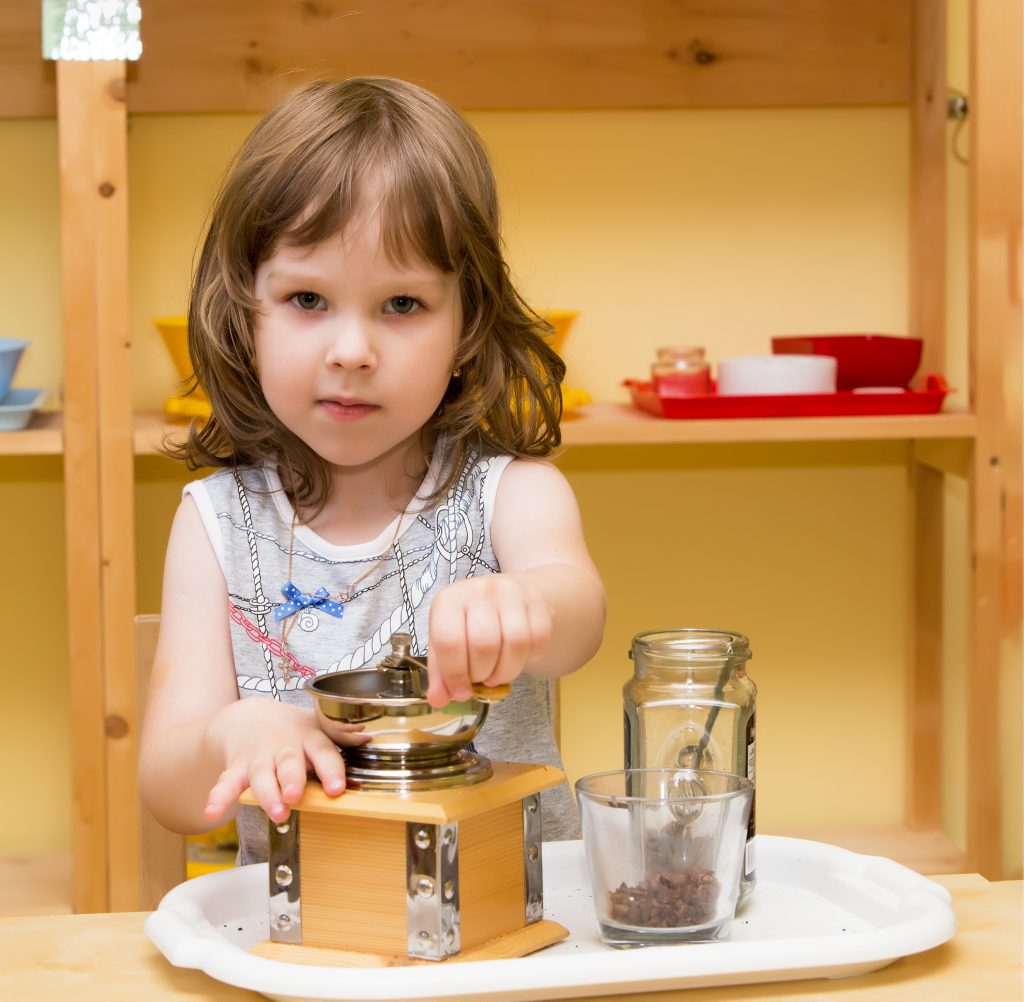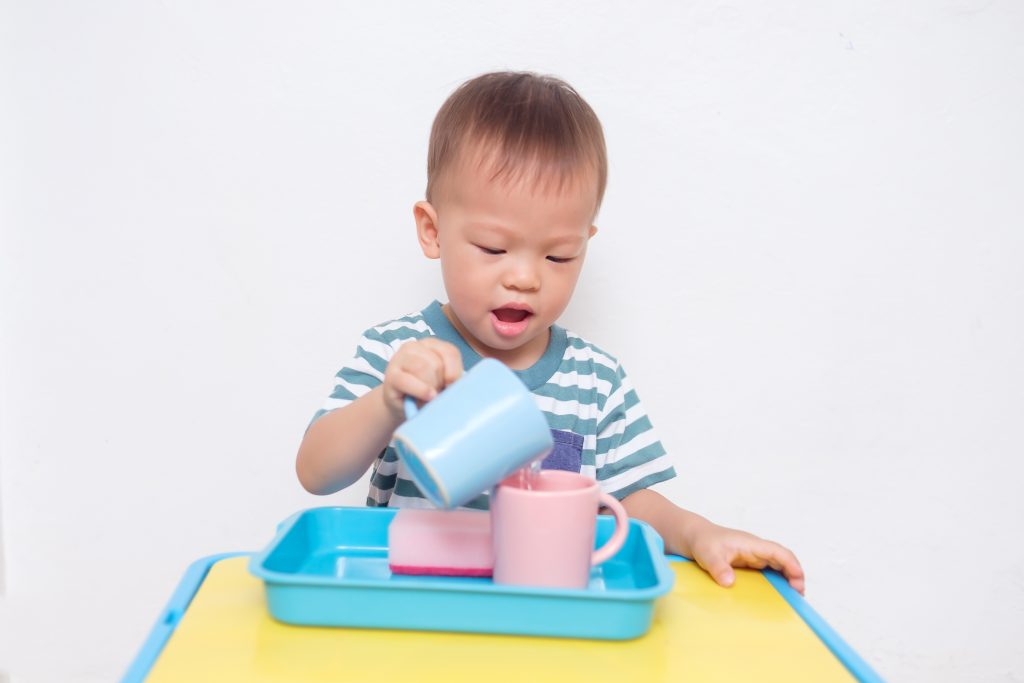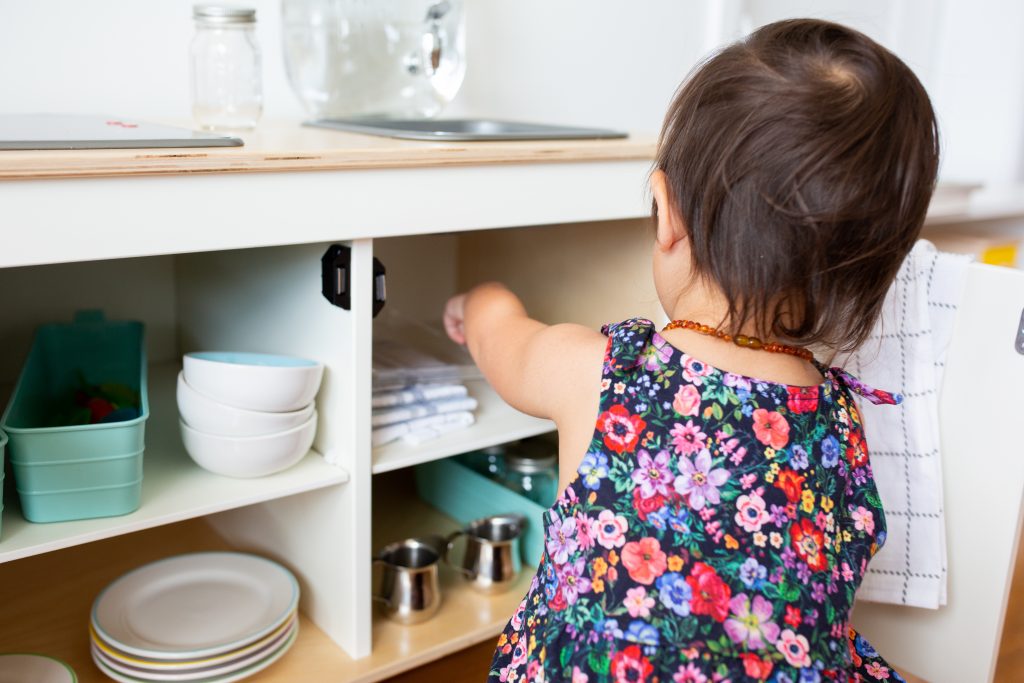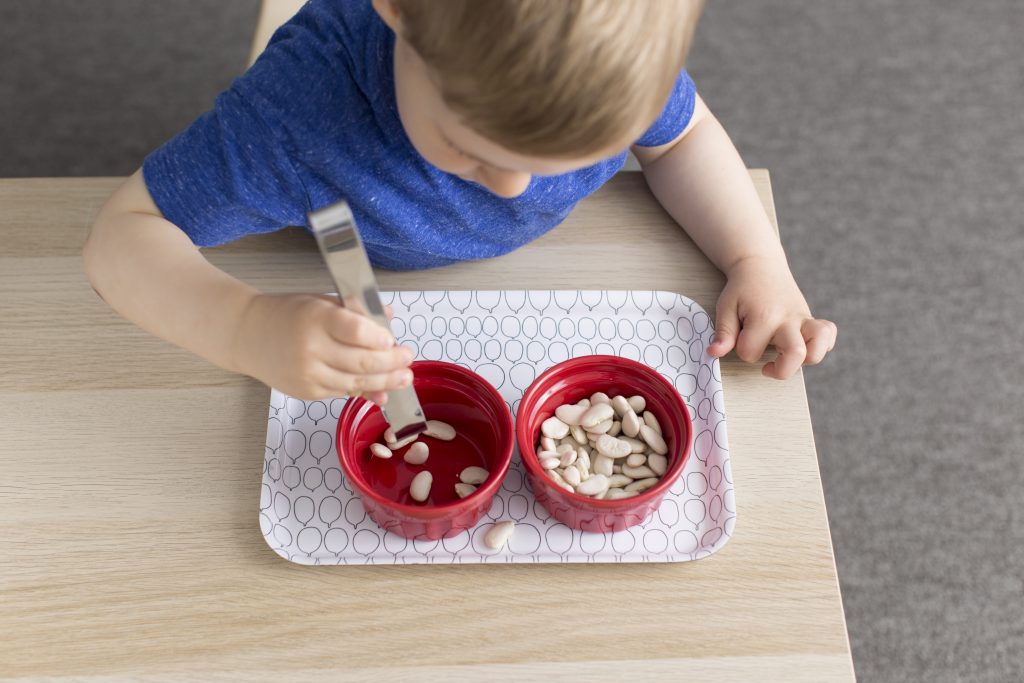
Practical life activities are an important part of the Montessori Method. They provide opportunities for children to learn essential life skills and help them develop physically, emotionally, and cognitively. These activities also promote concentration, self-discipline, and a sense of order. In this blog post, we will discuss the benefits of practical life activities and highlight some of the different kinds of activities that are typically included in a Montessori curriculum.
Practical Life Activities Promote Development in Many Areas
Practical life activities offer a wide range of benefits for children. They help with physical development by teaching children how to use their bodies efficiently and effectively. Fine motor skills are developed as children learn how to complete tasks such as pouring water or threading beads. Practical life activities also promote social and emotional development by teaching children how to interact with others and follow rules. And finally, cognitive skills are developed as children learn how to plan and execute tasks.
In addition to promoting development in many areas, practical life activities also offer other benefits such as concentration, self-discipline, and a sense of order. These activities give children a sense of purpose and help them feel capable and competent. As they work on tasks and see their progress, they develop a greater sense of concentration and focus. And finally, practical life activities teach children how to be orderly and methodical in their work, which helps instill a sense of discipline.
Types of Practical Life Activities
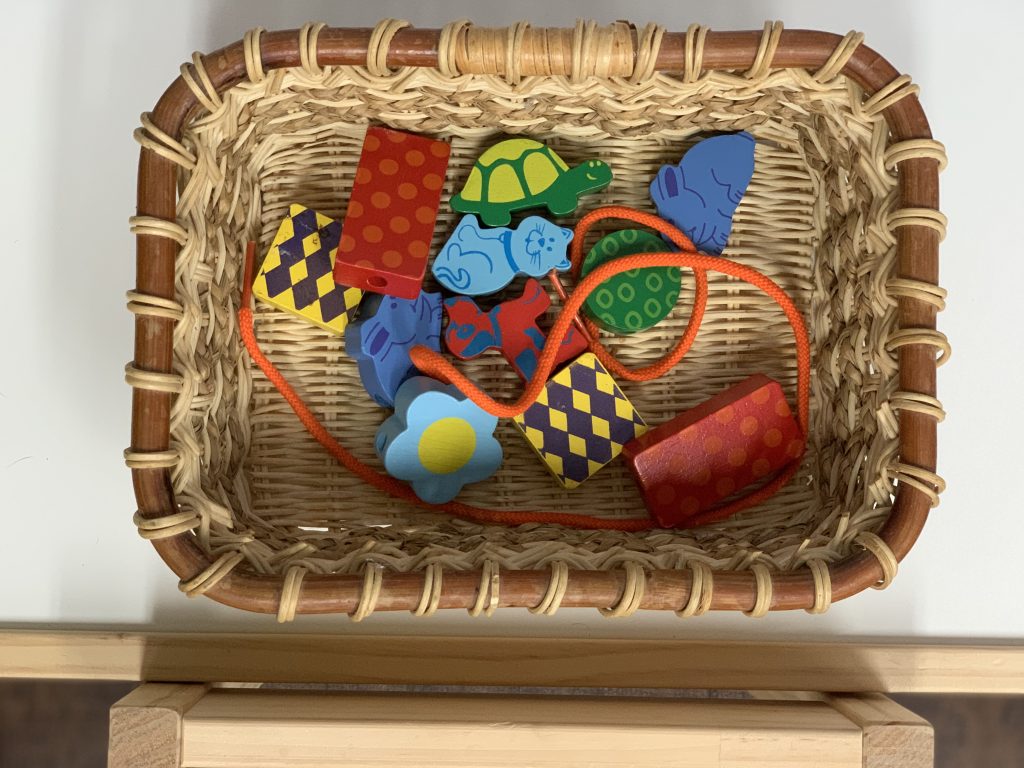
There are many different types of practical life activities that can be included in a Montessori curriculum. Some examples include:
– Care of self: brushing teeth, washing hands, dressing oneself
– Care of the environment: sweeping the floor, dusting furniture, watering plants
– Grace and courtesy: taking turns, saying please and thank you, table manners
– Movement: walking heel to toe, climbing stairs, skipping
– Manipulatives: pouring beans or rice from one container to another, sorting buttons by colour or size, lacing beads
– Language: writing one’s name, following directions, retelling a story
Practical life activities are an important part of the Montessori Method because they provide opportunities for children to learn essential life skills and develop physically, emotionally, cognitively, concentratively, self-disciplinarily, and orderly. These activities give children a sense of purpose and help them feel capable and competent while also teaching them how to interact with others graciously . There is a wide variety of practical life activity types that an early childhood educator can incorporate into their curriculum including but not limited to caretaking oneself , caretaking the environment , practicing movements , manipulating objects, and language building. It’s evident that there are many reasons why educators should value the importance of including these types of activities daily for optimal child development.
Interested in Learning More About Montessori?
Check out these additional articles:
Looking for an Online Montessori-Inspired Workshop?
